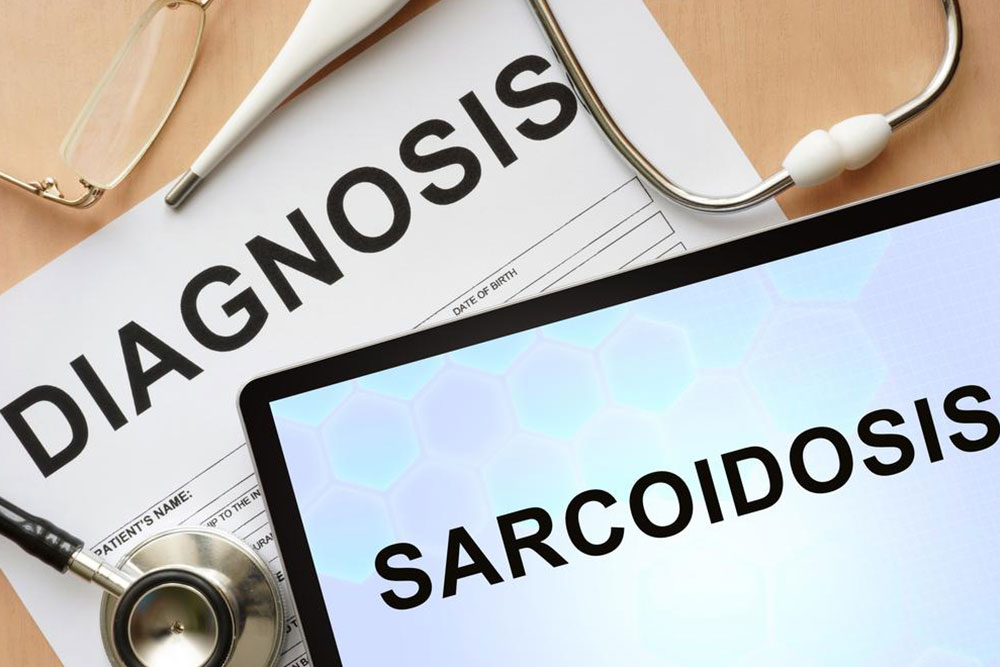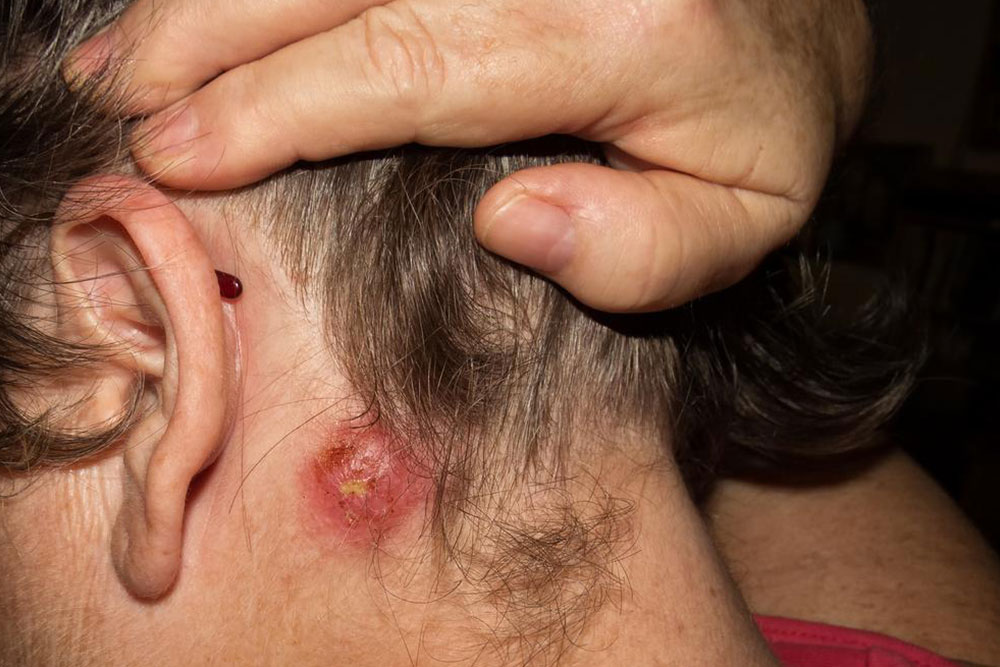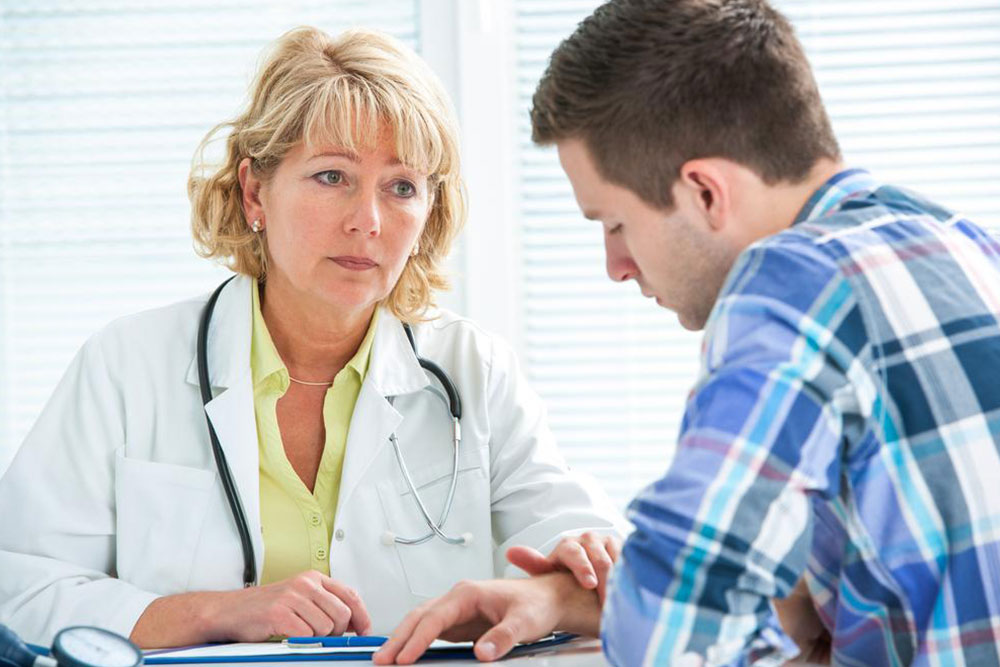Recognizing Key Symptoms of Sarcoidosis: What You Need to Know
Learn to identify the key signs of sarcoidosis, an inflammatory disease affecting multiple organs. Early detection through symptoms like fatigue, skin spots, and breathing issues enables better management. While no cure exists, many cases resolve on their own, so awareness is essential. Regular medical check-ups help ensure timely diagnosis and treatment, reducing the risk of long-term organ damage. This article highlights common symptoms across various organs, emphasizing the importance of medical attention for unexplained health changes.

Sarcoidosis is an inflammatory condition resulting from the immune system's reaction to foreign agents like dust, bacteria, viruses, or chemicals. It leads to the formation of granulomas—clusters of inflammatory cells—in various organs, which can impair their normal function. Commonly affected areas include lymph nodes, eyes, skin, liver, spleen, brain, lungs, and heart. Symptoms vary depending on the organs involved and may develop gradually or suddenly. While there is no definitive cure, many cases resolve on their own as granulomas fade. Recognizing early signs is crucial for effective management.
Typical symptoms include:
General signs: fatigue, fever, joint discomfort, unexplained weight loss, dry mouth, nosebleeds, and swollen lymph nodes.
Lung issues: chest pain, wheezing, shortness of breath, and persistent dry cough.
Skin changes: red or purple bumps on shins or ankles, tender skin lesions on cheeks, nose, or ears, skin darkening or lightening, and nodules around scars or tattoos.
Eye problems: often asymptomatic but may include redness, light sensitivity, blurry vision, or pain, underscoring the importance of eye exams.
Heart concerns: fainting, irregular heartbeat, fatigue, shortness of breath, palpitations, and swelling.
Awareness of these signs can lead to earlier diagnosis and better outcomes. Regular check-ups and monitoring are vital for those at risk or experiencing symptoms.
Note: This information is educational; consult healthcare professionals for personalized advice. The site provides general insights but is not responsible for individual medical decisions or discrepancies across sources.










